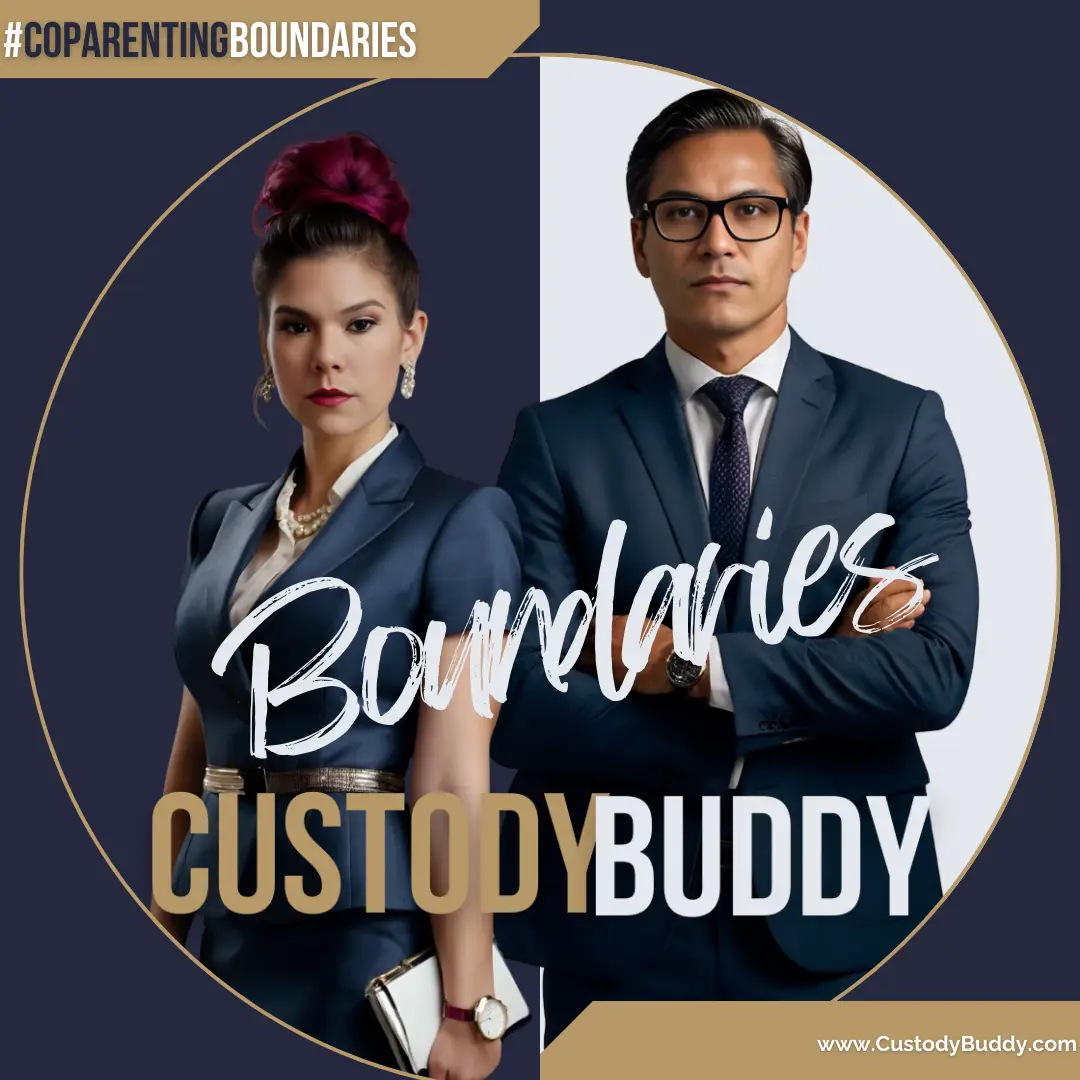
From Anger to Understanding: Transforming Co-Parenting Conflict into Collaborative Solutions
Co-parenting after a divorce or separation can be one of the most challenging aspects of navigating a new family dynamic. The emotional turmoil and conflict that often arise can make it difficult for parents to work together effectively, leading to stress and anxiety for both children and adults. However, it is precisely in these moments of tension that opportunities for growth and understanding can emerge. By transforming anger and conflict into collaborative solutions, co-parents can create a more harmonious and supportive environment for their children.
The Impact of Conflict on Children
Children are often the silent witnesses to the conflicts between their parents. The emotional distress they experience can have long-lasting effects on their mental health and well-being. When parents are at odds, children may feel caught in the middle, unsure of how to navigate the situation or who to turn to for support.
Key Research Findings
- Children exposed to high parental conflict are 3x more likely to develop behavioral problems
- Ongoing parental conflict can lead to increased anxiety and depression in children
- Academic performance often suffers when children are consistently exposed to parental tension
Strategies for Transforming Conflict
1. Active Listening
Fully engage with what the other person is saying without interrupting or becoming defensive. This approach allows parents to gain insight into each other’s viewpoints and find common ground.
2. Seeking Common Goals
Focus on the shared objective of your children’s well-being. This shift can help move conversations from individual grievances to collective interests.
3. Using “I” Statements
Express concerns using phrases that focus on your feelings rather than accusations. For example: “I feel overwhelmed when communication breaks down” instead of “You never communicate.”
4. Professional Mediation
Sometimes conflicts require a neutral third party. Professional mediators or therapists can provide a safe space for constructive dialogue and conflict resolution.
Real-World Transformation Stories
Sarah and John’s Journey
After years of contentious post-divorce interactions, Sarah and John discovered that intentional communication and mutual respect could transform their co-parenting relationship. By implementing active listening and focusing on their children’s needs, they created a collaborative co-parenting model.
Conclusion: The Path Forward
Transforming conflict isn’t about being perfect—it’s about making consistent, intentional efforts to communicate, understand, and prioritize your children’s emotional well-being. Every small step matters.
Key Takeaways
- Conflict damages children more than different parenting styles
- Communication is the foundation of successful co-parenting
- Professional help is a sign of strength, not weakness
